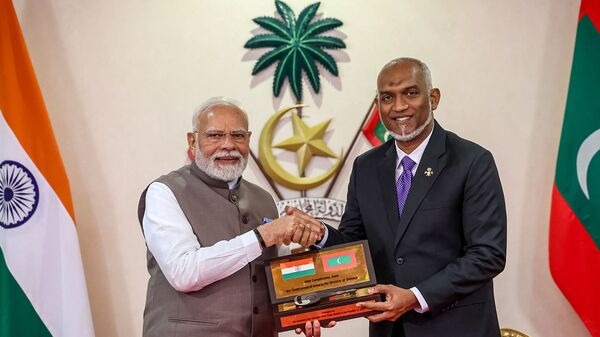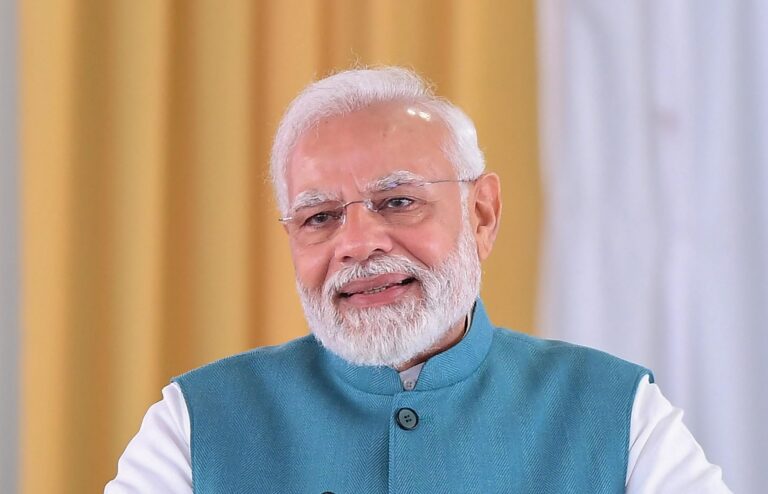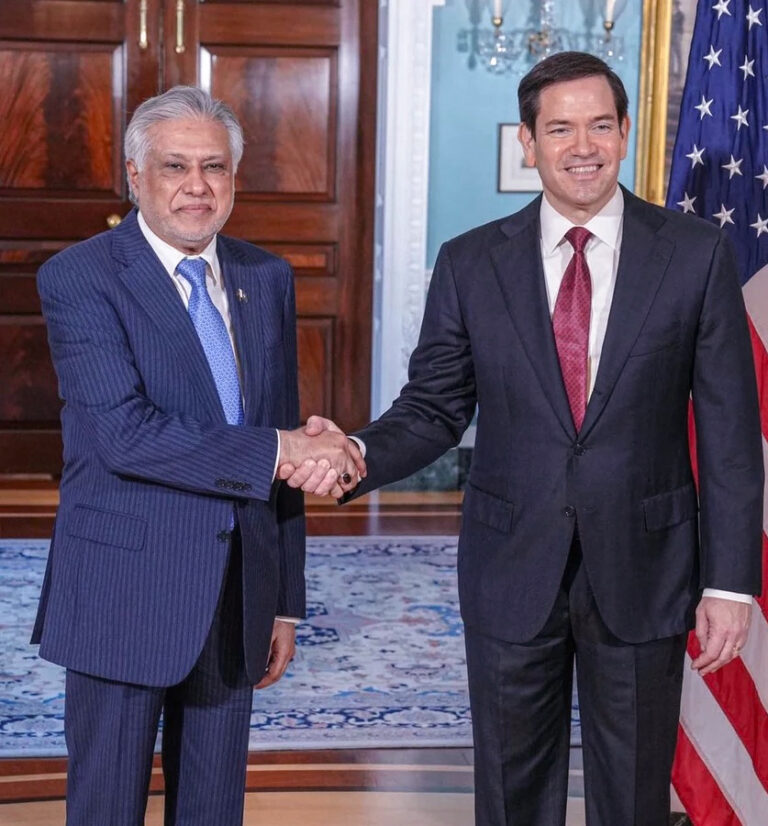
The EOS-09 satellite aboard the Polar Satellite Launch Vehicle (PSLV-C61) was launched on Sunday. This was ISRO’s 101st launch.
The Indian Space Research Organisation faced a setback during the launch of PSLV-C61, carrying the EOS-09 satellite, as the mission could not be accomplished after an issue occurred during the third stage of the flight, ISRO chairman V Narayanan said.
“During the functioning of the third stage, we are seeing an observation, and the mission could not be accomplished. After the analysis, we shall come back,” Narayanan said shortly after the launch.
About the launch, ISRO said that PSLV-C61’s performance was normal till the second stage, but due to an observation in the third stage, the mission could not be accomplished.
The EOS-09 satellite aboard the Polar Satellite Launch Vehicle (PSLV-C61) was launched on Sunday. This was ISRO’s 101st launch.
The PSLV vehicle was launched at 5:59 am from the Satish Dhawan Space Centre in Sriharikota. According to ANI, this was the 63rd flight of the PSLV and the 27th using the PSLV-XL configuration
On Friday, ISRO chairman V Narayanan offered prayers at the Lord Venkateswara temple in Tirupati, seeking blessings for the mission’s successful launch.
“This 101st mission with PSLV-C61 will mark a major milestone for ISRO, showcasing India’s all-weather earth observation capabilities and reinforcing the country’s commitment to space-based solutions,” Narayanan told reporters.
EOS-09 satellite: Key details
With a weight of approximately 1,696.24 kg, the EOS-09 satellite was to become part of a constellation of Earth Observation satellites designed to provide enhanced real-time coverage across the country’s extensive territory.
The EOS-09 (RISAT-1B) was a follow-up to the RISAT-1 satellite, which had been equipped with a similar configuration.
The Earth Observation Satellite-09 was a repeat satellite of EOS-04 launched in 2022. It was designed with the mission objective to ensure remote sensing data for the user community engaged in operational applications.




